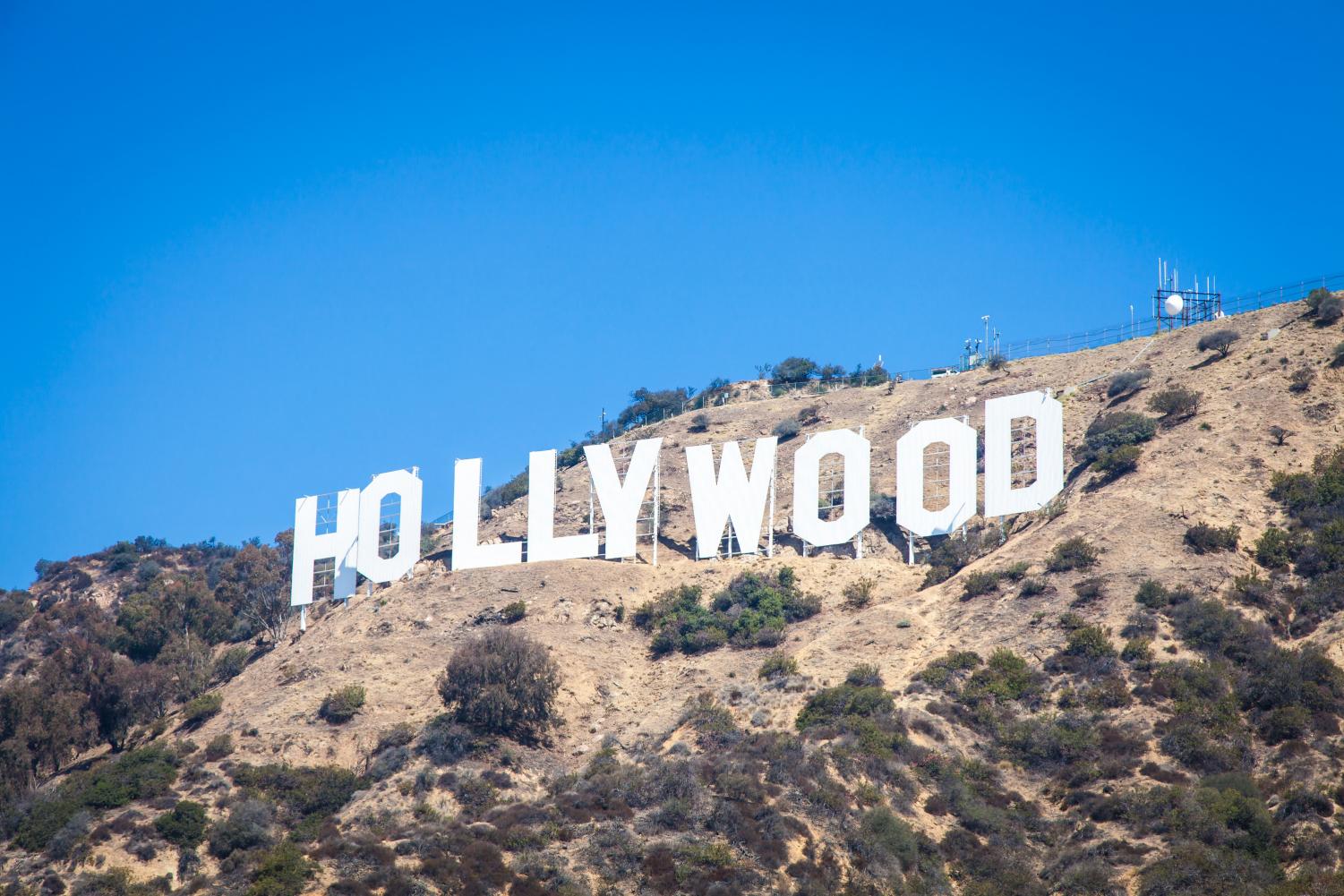Recently, I’ve been watching a lot of videos about Hollywood whitewashing and why it’s such a big deal. Yet again the Best Actor Oscar nominees this time (except for Rami Malek for his role in Bohemian Rhapsody) are whiter than a Yeti in a snowstorm fighting Tilda Swinton. Most of the superheroes are white, most of the lead acting roles in drama, horror, and big-budget sci-fi thrillers are white. But what is Hollywood whitewashing? Let me explain.
Whitewashing is typically defined as casting a white actor or actress in a traditionally non-white role. This could be the case when various non-white people in history and (or) original source material are portrayed by white people in movies. This obviously causes controversy because the spirit and cultural values of a person of a different race cannot be portrayed by a white person, especially if it’s a historical figure. Many consider it to be a cultural appropriation and a lame excuse for Hollywood producers and directors who do this because they say that there are no roles for them. How can there be any, if white actors snag all the roles that had non-white people in their source material?
Some of the worst examples are Emma Stone, an actress of German-English ancestry, who’s supposed to be an Asian-French flight attendant in “Aloha”; Al Pacino, an Italian-American actor, as Tony Montana, a Mexican drug lord in “Scarface”; Christian Bale, a British actor, as Moses, a guy from Egypt (a country in Africa) in “Exodus: Gods and Kings”; and Mel Gibson, a whiter-than-white Australian actor as Jesus Christ, a middle eastern…carpenter, in “The Passion of the Christ.”
And a lot of the filmmakers have excuses, like Ridley Scott on his “Exodus: Gods and Kings:” “I can’t bank a $140 million dollar movie on a non-white actor named Mohammed so-and-so from such-and-such.” That’s funny. I didn’t even know who Sam Worthington was until I saw him in Avatar.
Not just the directors, these problems exist at the audience’s level as well. It’s shocking to find out the people go bananas when a black actor is cast in a leading role in a blockbuster film. Like the time Jon Boyega was cast as a Stormtrooper in “Star Wars: The Force Awakens,” or when Michael B. Jordan played the role of the Human Torch in “Fantastic Four.” The internet was littered with racist comments from keyboard warriors who, for some reason, find it intolerable to see past skin colors.
Some movies do make a sincere effort to portray non-white cultures. Black Panther, for example, stays true to the source material by celebrating the Afrofuturism and predominantly black characters in the comic books. But these movies are far too rare and require the backing of a non-racist production company and an audience who would want to see something new and not get disappointed because the lead actor is not Caucasian. These actors also deserve recognition for their artistic talent, unlike multiple cases of The Academy giving away Oscars to white people, for even whitewashed roles throughout history.
I don’t say that non-white characters should be given Oscars just to celebrate diversity. Yet, there are excellent non-white actors, a lot of whom we don’t know simply because Hollywood isn’t willing to cast them. And given that The Academy consists of mostly white people of ages above 40-60, it’s difficult to consider what merit an Academy award even carries in terms of bringing out the motivation to make it big in Hollywood from a minority’s perspective.


